Choosing the right dog food is a pivotal decision for every pet parent, particularly when it comes to feeding puppies who have specific nutritional needs essential for their growth and development.
Ollie canine food, known for its high-quality ingredients and tailored nutrition plans, has gained popularity among dog owners seeking the best for their furry companions.
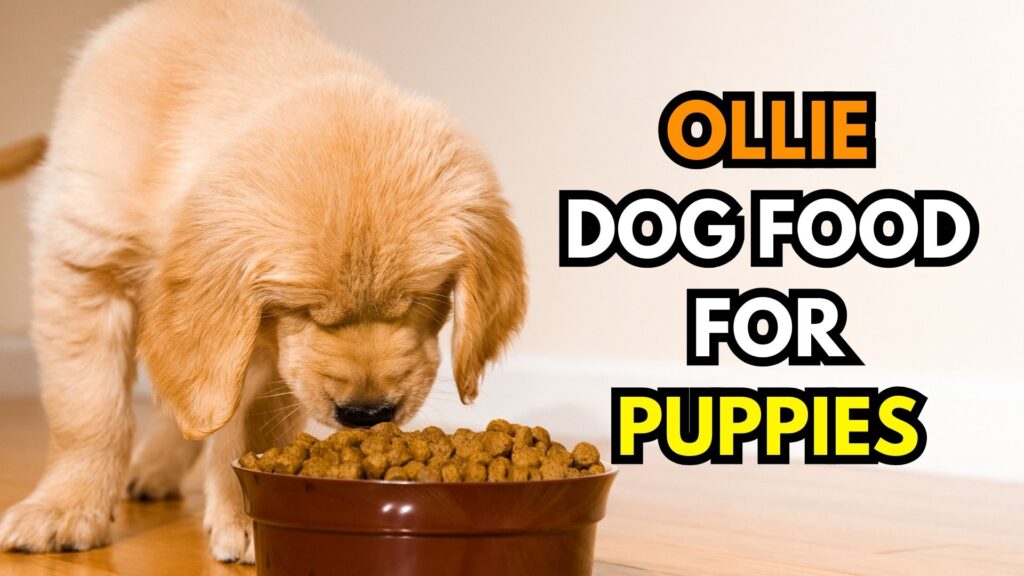
This blog post aims to explore a common query among pet owners: Can puppies eat Ollie dog food?
We will delve into the nutritional appropriateness of Ollie for puppies, how to introduce it into their diet, and provide detailed insights to ensure your puppy thrives on their feeding journey.
Quick Answer: Can Puppies Eat Ollie Dog Food?
Yes, puppies can eat Ollie dog food. Ollie offers specially formulated recipes that cater to the nutritional needs of puppies, ensuring they receive the right balance of proteins, fats, carbohydrates, vitamins, and minerals essential for their growth and development.
However, it’s important to choose the appropriate formula and portion size for your puppy’s age, breed, and size, and to introduce it gradually to their diet.
Benefits of Ollie Dog Food for Puppies
High-Quality Protein Sources:
Ollie dog food is known for its use of premium, high-quality protein sources, such as chicken, beef, turkey, and lamb, which are essential for the growth and repair of muscle tissue in puppies.
These proteins provide the building blocks for developing strong muscles, supporting an active and healthy lifestyle.
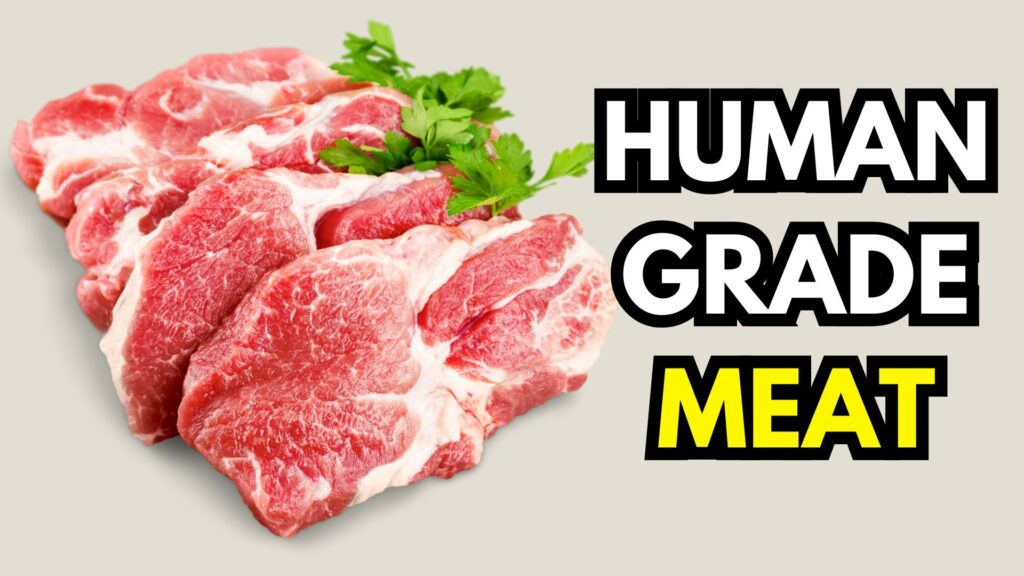
For puppies, adequate protein intake is crucial as they are in a rapid growth phase, requiring more protein per pound of body weight than adult dogs.
Ollie’s carefully selected protein sources ensure that puppies receive the amino acids necessary for proper development.
Balanced Omega Fatty Acids:
Omega-3 and Omega-6 fatty acids, found in ingredients like fish oil and flaxseed in Ollie recipes, play a vital role in promoting healthy skin and a shiny coat.
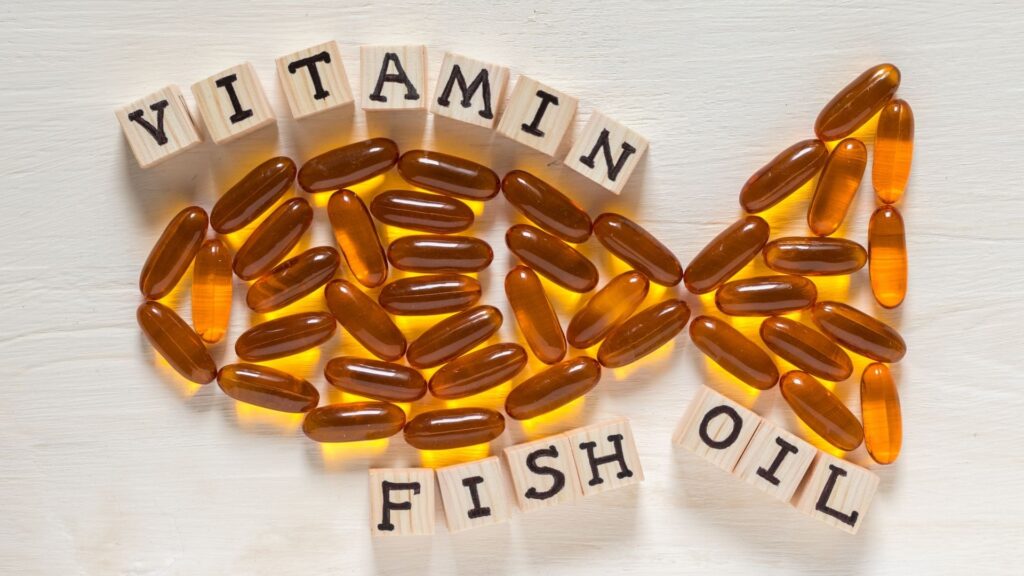
Beyond cosmetic benefits, these fatty acids are important for brain development in puppies, supporting cognitive function and vision.
Omega fatty acids also have anti-inflammatory properties that can help manage skin allergies and support joint health, which is particularly beneficial for breeds prone to joint issues.
Vitamins and Minerals:
Puppies have specific nutritional needs that differ from adult dogs, requiring a balanced intake of vitamins and minerals for optimal health.
Ollie dog food includes a variety of fruits, vegetables, and fortified supplements to ensure that puppies receive a comprehensive spectrum of nutrients.
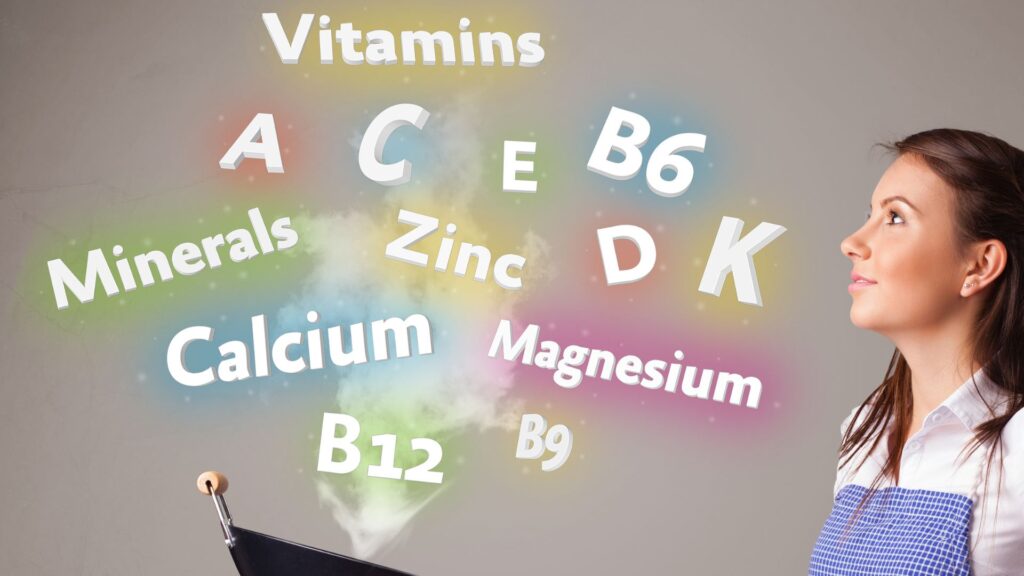
These include calcium and phosphorus for strong bones and teeth, antioxidants for a robust immune system, and essential vitamins such as Vitamin D for calcium absorption and Vitamin E for skin and eye health.
A well-rounded intake of these nutrients supports overall growth, development, and disease prevention.
No Fillers or Artificial Additives:
Ollie dog food is free from fillers, by-products, and artificial additives, which means puppies are getting nutrition from whole, real ingredients.
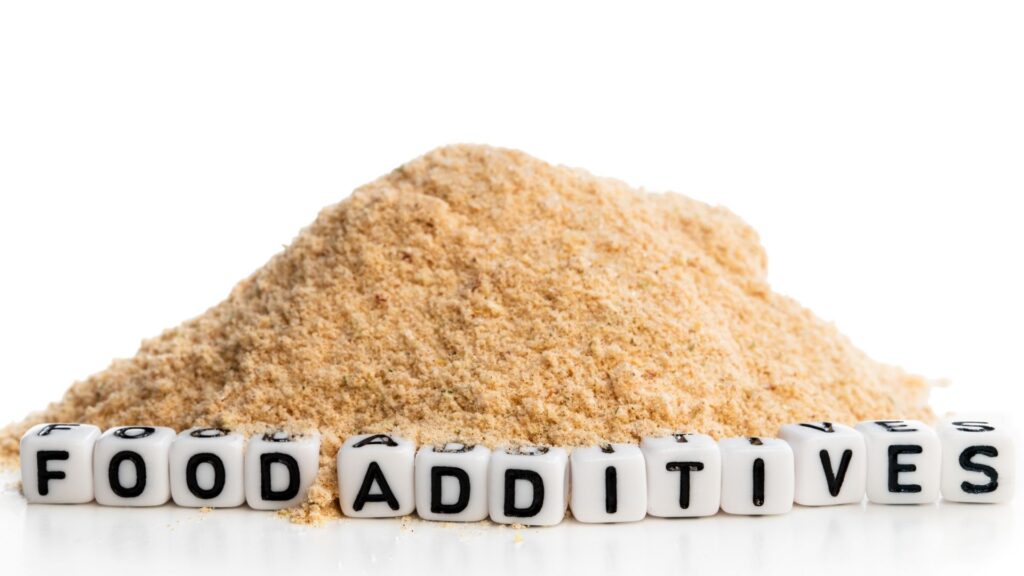
Fillers and additives can lead to digestive issues and do not provide any nutritional value. By avoiding these substances, Ollie ensures that puppies are receiving clean, wholesome nutrition, reducing the risk of allergies, sensitivities, and digestive problems.
This approach promotes a healthier, more natural diet that is closer to what dogs would eat in the wild.
How to Safely Introduce Ollie Dog Food to Puppies
Start Small:
Transitioning to a new diet should be a gentle process to avoid upsetting your puppy’s stomach. Begin by mixing a small amount of Ollie dog food with their existing food.
This initial mix should represent a small fraction of their meal, allowing their digestive system to adjust to the new ingredients gradually.
Gradual Increase:
Over approximately a week, incrementally increase the proportion of Ollie dog food while decreasing the amount of their previous food. A good guideline is to adjust the ratio by about 10-25% every two days, depending on how your puppy responds.
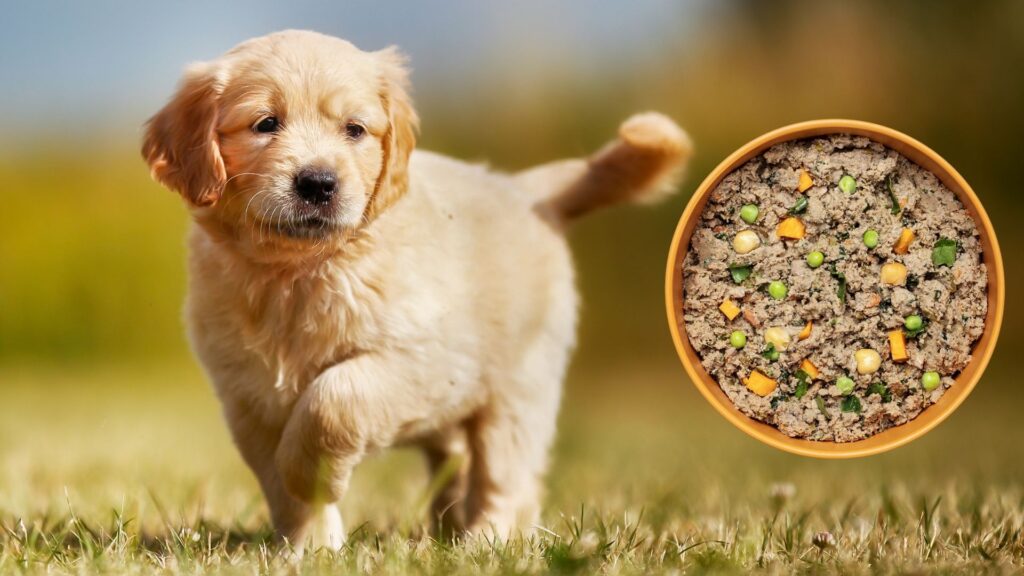
This methodical approach helps prevent gastrointestinal discomfort and allows you to monitor your puppy’s acceptance of the new food.
Monitor:
Observing your puppy’s reaction to the new diet is essential during the transition period. Pay attention to their stool consistency, appetite, and general demeanor.
Healthy digestion, keen interest in meals, and normal energy levels are good indicators that your puppy is adapting well to Ollie dog food.
If you notice signs of digestive upset or reluctance to eat, slow down the transition process and consult with a veterinarian if concerns persist.
By following these steps, you can ensure a smooth and successful transition to Ollie dog food for your puppy, setting the foundation for a healthy and happy life.
FAQs
Can all breeds of puppies eat Ollie dog food?
Yes, Ollie is suitable for puppies of all breeds. The food can be customized to meet the specific nutritional requirements of your puppy, taking into account their breed, size, and growth patterns.
How much Ollie dog food should I feed my puppy?
The amount of Ollie dog food your puppy needs depends on their age, weight, and activity level. Ollie provides a feeding guide tailored to your puppy’s profile, ensuring they receive the optimal amount of nutrients.
Can I feed my puppy Ollie dog food exclusively, or should it be mixed with other foods?
Ollie dog food can be fed exclusively as it is formulated to meet all the nutritional needs of a puppy. If you choose to mix it with other foods, ensure the combined diet remains balanced and nutritious.
What should I do if my puppy doesn’t like Ollie dog food?
If your puppy is hesitant to eat Ollie dog food, try introducing it more gradually, mixing it with their current favorite food, and slowly increasing the proportion. Some puppies may need time to adjust to new flavors and textures.
Conclusion
Feeding your puppy Ollie dog food is a great way to ensure they receive high-quality, balanced nutrition that supports their growth and development. With a focus on whole, human-grade ingredients and tailored nutrition plans, Ollie caters to the dietary needs of puppies, offering them a strong foundation for a healthy life.
Remember to introduce the food gradually and monitor your puppy’s response. As every puppy is unique, consulting with a veterinarian can provide additional peace of mind, ensuring your puppy’s diet meets their specific needs.
By choosing Ollie, you’re investing in your puppy’s health and happiness, paving the way for a vibrant, energetic companion.


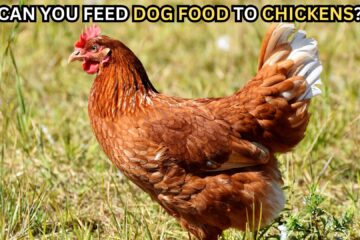
0 Comments